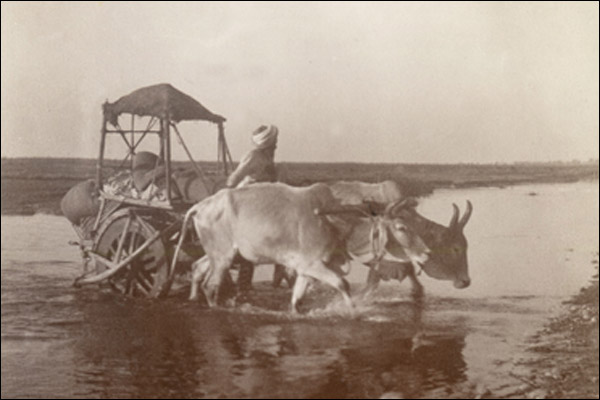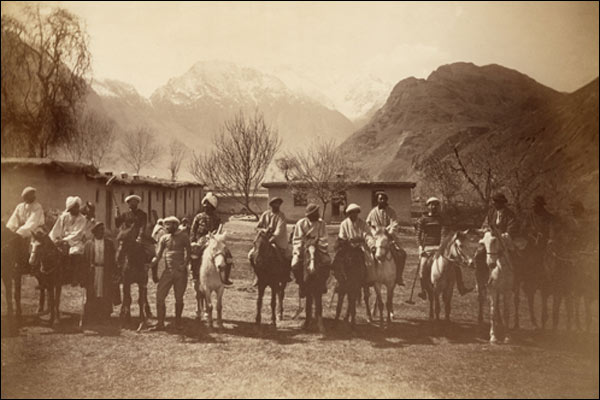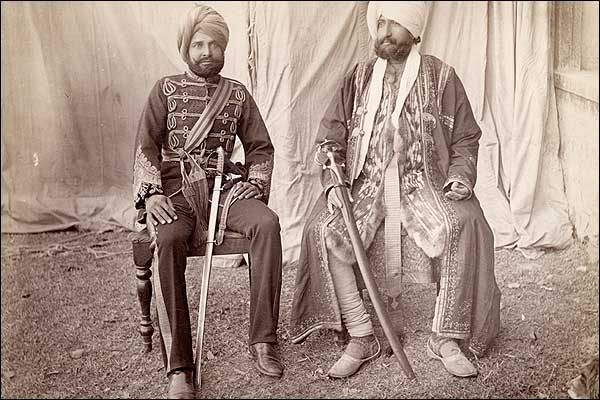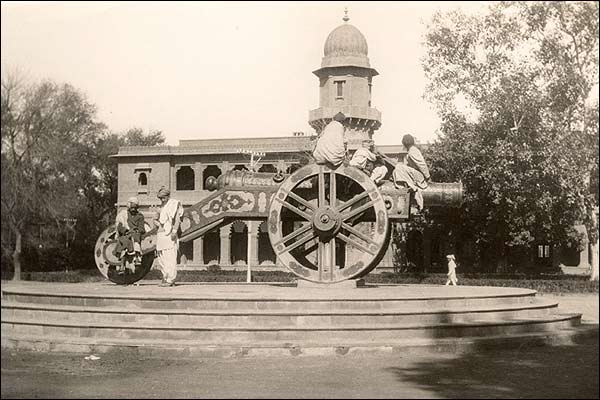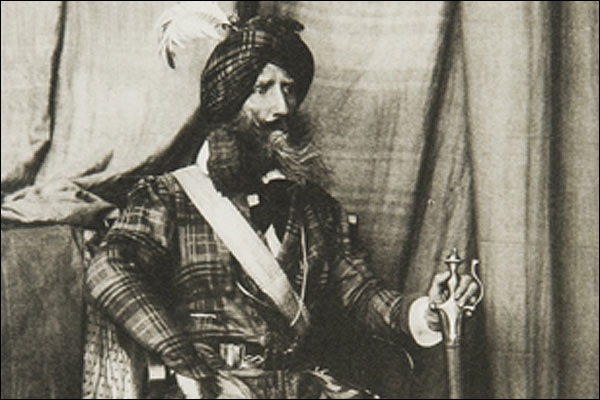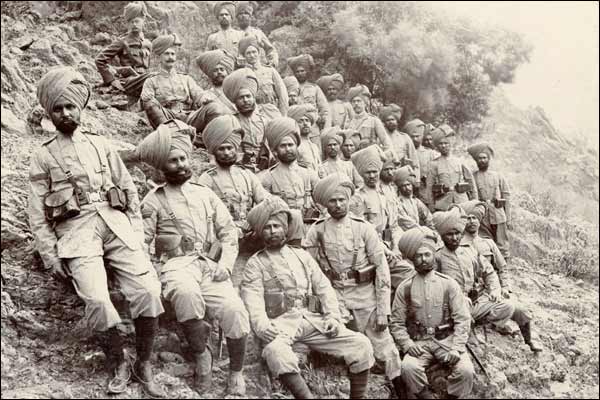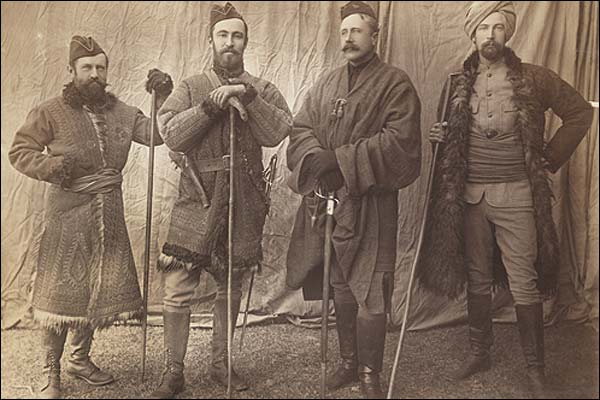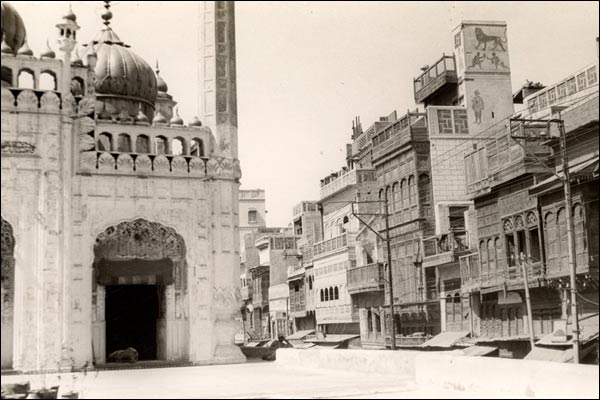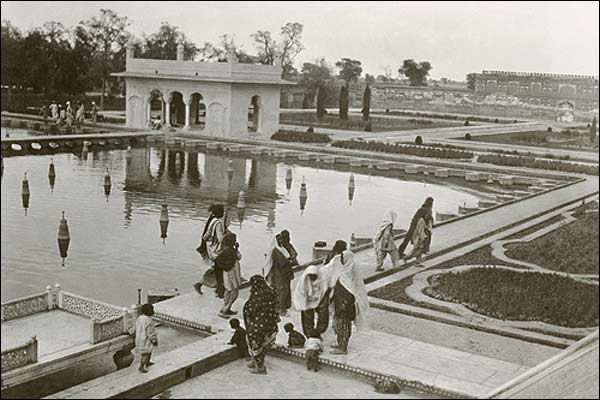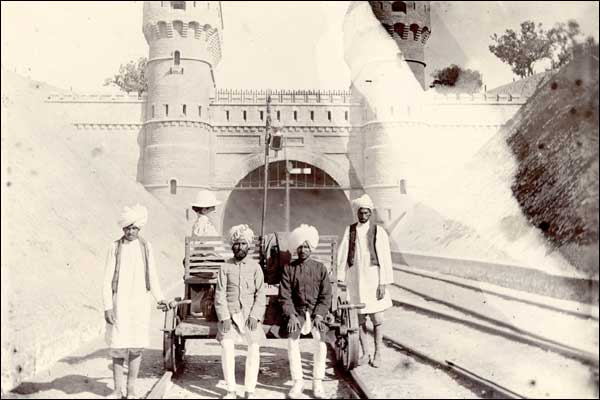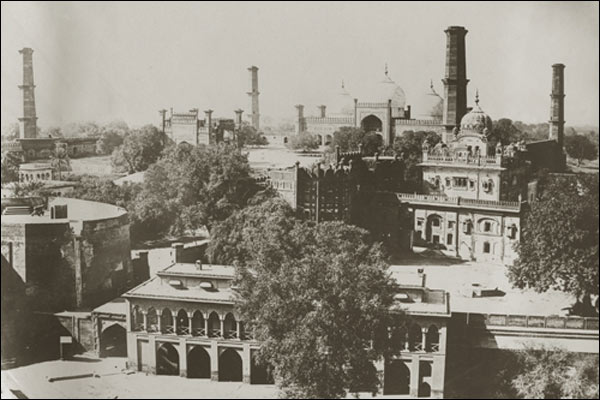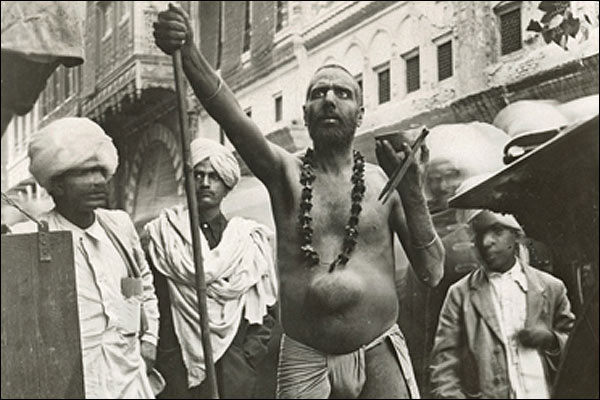161
News Khabran / Angry rape victim speaks out
« on: September 13, 2010, 01:59:37 AM »
“The protection of the individual rights of the person, security of the person and the right to a fair trial of the accused is the primary purpose of Section 11 (b) of the Charter of Rights which guarantees an individual charged with a criminal offence the right to be tried within a reasonable time.”
— From the Notice of Charter application and Argument made by Noel O’Brien.
Police put four men accused of raping a teenage girl before the courts.
Two were convicted but two walked when a Court of Queen’s Bench judge called an abrupt end to the trial.
In his ruling last year, Justice Peter McIntyre said the rights of two men charged with attacking the 15-year-old were breached, given the case took more than five years to go through courts.
Calgary police and the Crown say the unusual and unfortunate outcome led to changes to guard against human error from derailing court cases like this again.
Today, the young woman assaulted so many years ago, who once had so much faith in the system — only to see justice denied — is trying to move on with her life.
She remembers the moment she learned two men accused of sexually attacking her were set free.
“I walked through downtown crying, wanting to vomit,” says the now-21-year-old woman, who cannot be identified.
“It had taken so long and they reassured me once it was over they would be sentenced. Their excuse was they made a mistake.”
The mistake was a long time in the making.
In his ruling, Justice Peter McIntyre allowed the two gang-rape suspects to walk free, tossing the case from court because Wesley Sinclair and Kulwinder Rajasansi waited three years after being charged — five since the sex attack — to go to trial.
Calling the delay inexcusable, the judge ruled their Charter right to be tried within a reasonable time frame was breached.
Placing the burden of blame on the Crown, McIntyre also cited tardy police work, especially by the detective on the case.
Four times prosecutors passed on defence requests for disclosure of hospital records before Det. Lynn Cunningham provided them.
In a successful Charter application, which led to the ruling, Rajasansi’s lawyer Noel O’Brien said the extreme delay hiked his client’s legal costs, saddled him with the stigma of a sex crime allegation and led to the breakdown of his marriage.
Yes, two other males were handed prison terms after pleading guilty to taking advantage of the unconscious and helpless teen on Oct. 19, 2004 — but seeing only two of four men police believe took part in her gang-rape go free haunts the woman.
She fears her experience will see other women sexually attacked — an already under-reported crime — stay silent rather than risk being re-victimized by the justice system.
“When I think about it, it makes me very angry and it just makes me very sad that this kind of thing is allowed to happen,” says the tiny, pretty woman.
“I’m trying to forget about it most of the time and to move on with my life, but it’s not fair.”
She is convinced the justice system hoped its mistakes would go barely noticed, the message from courts and cops being it would do better next time, for the next victim.
Although she doesn’t know how amends can be made for justice denied, the woman’s mother hasn’t given up being an advocate for her victimized daughter.
“There was across-the-board incompetence,” the mother says.
“I want justice for her.”
That won’t happen in the courts.
Alberta Justice spokesman David Dear says a careful review of the case determined “no reasonable likelihood of success” should an appeal be launched.
“So we did not file one,” he says.
Now, nearly a year after the judicial stays, he admits nothing can be done to rectify the situation for the victim, to hear cases never heard.
“It was a Crown prosecutor’s worst fear realized,” Dear says. “The fact is that despite best efforts, the justice system is not fail-proof.”
He says errors cited in the ruling, however, led to a vow, and more importantly a plan, by the Crown and Calgary cops to do better.
“The victim and her family has been through a terrible ordeal,” he says.
“Although two other people pleaded guilty, the Crown still did plan to prosecute the other two … but the judge’s ruling is what it is.”
He concedes no apology can ever make things right.
“We have said before and say it again, how deeply sorry we are,” Dear says.
“We realized we have to work with Calgary police to ensure something like this will never happen again.”
Stressing the situation is rare, he understands it has shaken the victim’s confidence in the justice system.
“Given (her) experience (she) would be entitled to that point of view,” he says.
“But the system strives, is organized to, and evolved over time to try to ensure a just outcome in every case. We believe now we have a much better system in place.”
The courts ruled the rights of two accused trumped those of their alleged victim.
And that’s something the woman’s mother calls a crime, given the hell her daughter has endured.
“It just killed me,” she says of seeing her daughter, with bruises on her body, red marks around her neck and raw emotions spawned by the attack. “To see her in that condition was heartbreaking.
“She told me she couldn’t feel what they were doing but could hear what they were doing. Since then she’s blocked it out, she’s doesn’t remember anything and I don’t blame her.”
The night of the attack the woman was hanging out at a C-Train station with a friend.
Already late for curfew, she agreed to take a lift from one of her friend’s acquaintances.
They eventually stopped at an Erin Woods home — from which she would leave hours later in an ambulance.
“I had a gut feeling, which I didn’t pay attention to,” she says now.
The last thing she remembers is drinking a cooler.
“All of a sudden I was completely out of it,” she says.
She woke up groggy, bloody and half-naked with medics asking her name, if she realized she had been sexually assaulted after finding her unconscious in the home.
Amir Nawaz and a youth who can’t be named later admitted in court to taking advantage of her after she became ill and passed out.
Her friend caught Nawaz having sex with the unconscious teen and, despite being threatened, fled the house to get help.
“She saved my daughter’s life,” the victim’s mother says.
“They said they were going to kill her if she called police.”
After the acquittals, that girl left Calgary fearing for her safety.
The courts found delays which led to the pair walking “in large part unexplained and unjustified” and today the woman attacked has no answers for why she was denied a chance to see them held accountable in court.
“It wasn’t only so they realize they did this to me,” she says, her big brown eyes welling up and crying for the time during a recent interview.
“I wanted to make sure they didn’t do it to other people ... I just hope it doesn’t happen to others.”
Major Crimes Insp. Guy Slater says steps were taken to thwart such delays.
“Obviously, the comments made by Justice McIntyre were taken very seriously by the police service,” he says.
Cops and the Crown now share a computer system to better track progress of cases through the courts so human error can be averted and people held accountable for doing what needs to be done in a timely manner.
“You can have technology supporting you but ultimately, it rests on peoples’ shoulders to do things,” he says.
“We examined what happened, why it happened and looked for solutions … better ways of doing our job … to make sure it didn’t happen again and a technological solution is in place.”
Still, Slater says he shares the young woman’s disappointment with how things unfolded in the courts.
“Investigators believed her story from the start,” he says.
“Obviously, we’re disappointed the action or inaction by an investigator led to this acquittal, but this is an exception rather than the rule. The investigator was also clearly disappointed with the outcome.”
The detective has retired from the service and couldn’t be reached for comment.
“There were four accused in this case, two were convicted — that piece is lost in all of this,” Slater adds.
— From the Notice of Charter application and Argument made by Noel O’Brien.
Police put four men accused of raping a teenage girl before the courts.
Two were convicted but two walked when a Court of Queen’s Bench judge called an abrupt end to the trial.
In his ruling last year, Justice Peter McIntyre said the rights of two men charged with attacking the 15-year-old were breached, given the case took more than five years to go through courts.
Calgary police and the Crown say the unusual and unfortunate outcome led to changes to guard against human error from derailing court cases like this again.
Today, the young woman assaulted so many years ago, who once had so much faith in the system — only to see justice denied — is trying to move on with her life.
She remembers the moment she learned two men accused of sexually attacking her were set free.
“I walked through downtown crying, wanting to vomit,” says the now-21-year-old woman, who cannot be identified.
“It had taken so long and they reassured me once it was over they would be sentenced. Their excuse was they made a mistake.”
The mistake was a long time in the making.
In his ruling, Justice Peter McIntyre allowed the two gang-rape suspects to walk free, tossing the case from court because Wesley Sinclair and Kulwinder Rajasansi waited three years after being charged — five since the sex attack — to go to trial.
Calling the delay inexcusable, the judge ruled their Charter right to be tried within a reasonable time frame was breached.
Placing the burden of blame on the Crown, McIntyre also cited tardy police work, especially by the detective on the case.
Four times prosecutors passed on defence requests for disclosure of hospital records before Det. Lynn Cunningham provided them.
In a successful Charter application, which led to the ruling, Rajasansi’s lawyer Noel O’Brien said the extreme delay hiked his client’s legal costs, saddled him with the stigma of a sex crime allegation and led to the breakdown of his marriage.
Yes, two other males were handed prison terms after pleading guilty to taking advantage of the unconscious and helpless teen on Oct. 19, 2004 — but seeing only two of four men police believe took part in her gang-rape go free haunts the woman.
She fears her experience will see other women sexually attacked — an already under-reported crime — stay silent rather than risk being re-victimized by the justice system.
“When I think about it, it makes me very angry and it just makes me very sad that this kind of thing is allowed to happen,” says the tiny, pretty woman.
“I’m trying to forget about it most of the time and to move on with my life, but it’s not fair.”
She is convinced the justice system hoped its mistakes would go barely noticed, the message from courts and cops being it would do better next time, for the next victim.
Although she doesn’t know how amends can be made for justice denied, the woman’s mother hasn’t given up being an advocate for her victimized daughter.
“There was across-the-board incompetence,” the mother says.
“I want justice for her.”
That won’t happen in the courts.
Alberta Justice spokesman David Dear says a careful review of the case determined “no reasonable likelihood of success” should an appeal be launched.
“So we did not file one,” he says.
Now, nearly a year after the judicial stays, he admits nothing can be done to rectify the situation for the victim, to hear cases never heard.
“It was a Crown prosecutor’s worst fear realized,” Dear says. “The fact is that despite best efforts, the justice system is not fail-proof.”
He says errors cited in the ruling, however, led to a vow, and more importantly a plan, by the Crown and Calgary cops to do better.
“The victim and her family has been through a terrible ordeal,” he says.
“Although two other people pleaded guilty, the Crown still did plan to prosecute the other two … but the judge’s ruling is what it is.”
He concedes no apology can ever make things right.
“We have said before and say it again, how deeply sorry we are,” Dear says.
“We realized we have to work with Calgary police to ensure something like this will never happen again.”
Stressing the situation is rare, he understands it has shaken the victim’s confidence in the justice system.
“Given (her) experience (she) would be entitled to that point of view,” he says.
“But the system strives, is organized to, and evolved over time to try to ensure a just outcome in every case. We believe now we have a much better system in place.”
The courts ruled the rights of two accused trumped those of their alleged victim.
And that’s something the woman’s mother calls a crime, given the hell her daughter has endured.
“It just killed me,” she says of seeing her daughter, with bruises on her body, red marks around her neck and raw emotions spawned by the attack. “To see her in that condition was heartbreaking.
“She told me she couldn’t feel what they were doing but could hear what they were doing. Since then she’s blocked it out, she’s doesn’t remember anything and I don’t blame her.”
The night of the attack the woman was hanging out at a C-Train station with a friend.
Already late for curfew, she agreed to take a lift from one of her friend’s acquaintances.
They eventually stopped at an Erin Woods home — from which she would leave hours later in an ambulance.
“I had a gut feeling, which I didn’t pay attention to,” she says now.
The last thing she remembers is drinking a cooler.
“All of a sudden I was completely out of it,” she says.
She woke up groggy, bloody and half-naked with medics asking her name, if she realized she had been sexually assaulted after finding her unconscious in the home.
Amir Nawaz and a youth who can’t be named later admitted in court to taking advantage of her after she became ill and passed out.
Her friend caught Nawaz having sex with the unconscious teen and, despite being threatened, fled the house to get help.
“She saved my daughter’s life,” the victim’s mother says.
“They said they were going to kill her if she called police.”
After the acquittals, that girl left Calgary fearing for her safety.
The courts found delays which led to the pair walking “in large part unexplained and unjustified” and today the woman attacked has no answers for why she was denied a chance to see them held accountable in court.
“It wasn’t only so they realize they did this to me,” she says, her big brown eyes welling up and crying for the time during a recent interview.
“I wanted to make sure they didn’t do it to other people ... I just hope it doesn’t happen to others.”
Major Crimes Insp. Guy Slater says steps were taken to thwart such delays.
“Obviously, the comments made by Justice McIntyre were taken very seriously by the police service,” he says.
Cops and the Crown now share a computer system to better track progress of cases through the courts so human error can be averted and people held accountable for doing what needs to be done in a timely manner.
“You can have technology supporting you but ultimately, it rests on peoples’ shoulders to do things,” he says.
“We examined what happened, why it happened and looked for solutions … better ways of doing our job … to make sure it didn’t happen again and a technological solution is in place.”
Still, Slater says he shares the young woman’s disappointment with how things unfolded in the courts.
“Investigators believed her story from the start,” he says.
“Obviously, we’re disappointed the action or inaction by an investigator led to this acquittal, but this is an exception rather than the rule. The investigator was also clearly disappointed with the outcome.”
The detective has retired from the service and couldn’t be reached for comment.
“There were four accused in this case, two were convicted — that piece is lost in all of this,” Slater adds.















 Pj global mod
Pj global mod














